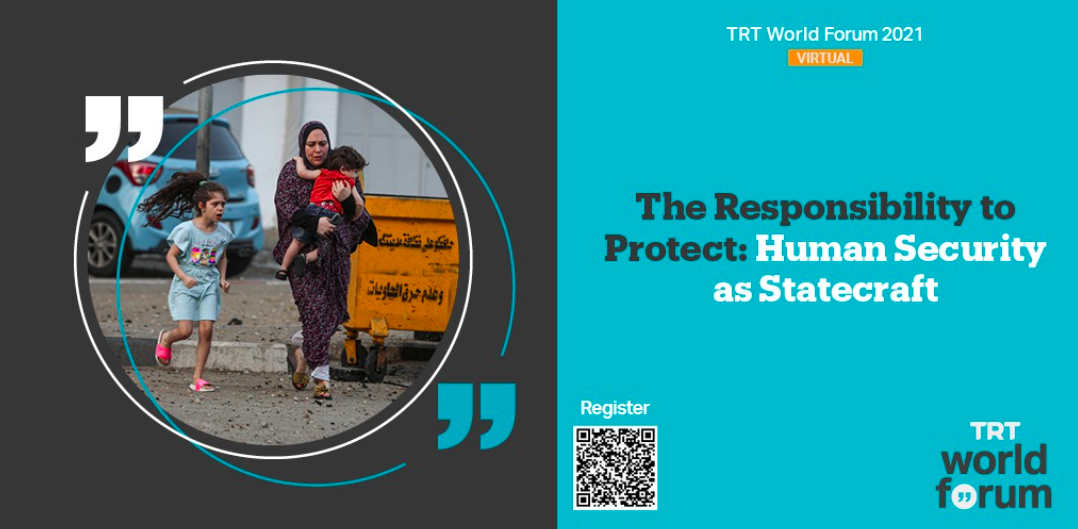The United Nations defines the responsibility to protect (R2P) as a political commitment aimed at preventing the most severe forms of violence and persecution. It seeks to bridge the gap between the existing obligations of member states under international humanitarian and human rights law and the harsh realities faced by populations at risk of genocide, war crimes, ethnic cleansing, and crimes against humanity. This principle emerged in response to the international community’s failure to prevent atrocities such as the Rwandan genocide and the Bosnian genocide during the conflicts in the Balkans.
Despite the lessons learned from these tragic events, more recent crises in Syria, Yemen, and against the Rohingya, among other minorities, have once again highlighted the international community’s failure to intervene effectively. While governments worldwide have pledged to protect their populations from such atrocities and to take timely and decisive action under the UN Charter when state authorities fail, the continued occurrence of crimes against humanity on a large scale points to a breakdown of international institutions.
In light of the failure to take decisive action through relevant international bodies, responsibility has increasingly fallen on individual states or alliances to act. This session will explore the moral responsibility of national governments and the international community to consider human security in their strategic planning, as well as examine ways to strengthen global consensus on the responsibility to protect.
